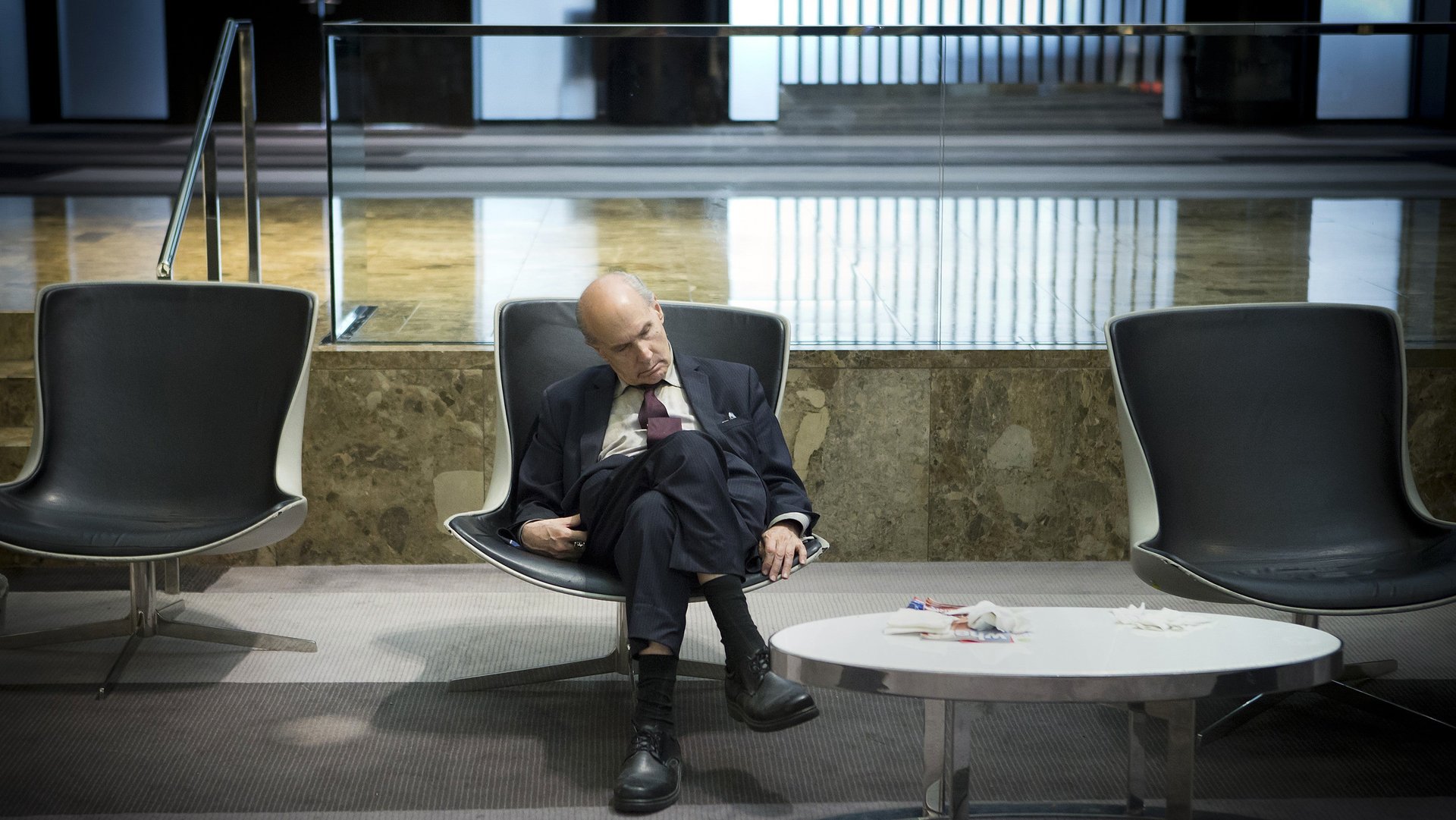Turning off work email is one way to get employees to sleep
To prove how serious it is about getting employees to unplug at night, one European car company switches off the work emails of non-management employees automatically between 6 p.m. and 7 a.m.


To prove how serious it is about getting employees to unplug at night, one European car company switches off the work emails of non-management employees automatically between 6 p.m. and 7 a.m.
And while that may not work for all businesses, the practice sends a clear message to its workforce: Get some rest.
There’s some debate about whether we’re actually in a crisis of sleeplessness, but the Centers for Disease Control and Prevention says one in three American adults don’t get enough shuteye.
The management consultants at McKinsey—who noted the pro-sleep email policies of that nameless European car company in a recent report—say lack of sleep can impair leaders and dull their performance. McKinsey warns that staying awake 17 to 19 hours, say, working until midnight after waking up at 6 a.m., can be as detrimental as a blood alcohol level of 0.05%. (A blood alcohol limit of 0.08% is the US nationwide limit for drivers.)
Companies need to do more to encourage healthy sleep habits. And that positive stance on sleep should be part of a broader approach to well-being that includes guidelines for exercise and nutrition, McKinsey says. Employers can also take practical steps, such as shutting off emails at night, setting up teams that can hand off work across time zones, and discouraging red-eye flights. Other companies offer bonuses for employees who actually use their vacation time and disconnect from work.
Some notoriously hard-driving firms are moving in the right direction, even if it’s only with baby steps. Goldman Sachs last summer said interns couldn’t work more than 17 hours, a measure some linked to the high-profile deaths of young people who had been working punishing schedules in the finance industry.
And if companies aren’t motivated to promote sleep out of concern for their employees’ health, they may be inspired by more prosaic reasons: As millennials are increasingly drawn to companies that value a work-life balance, sleep-starved employers may struggle to retain top talent.